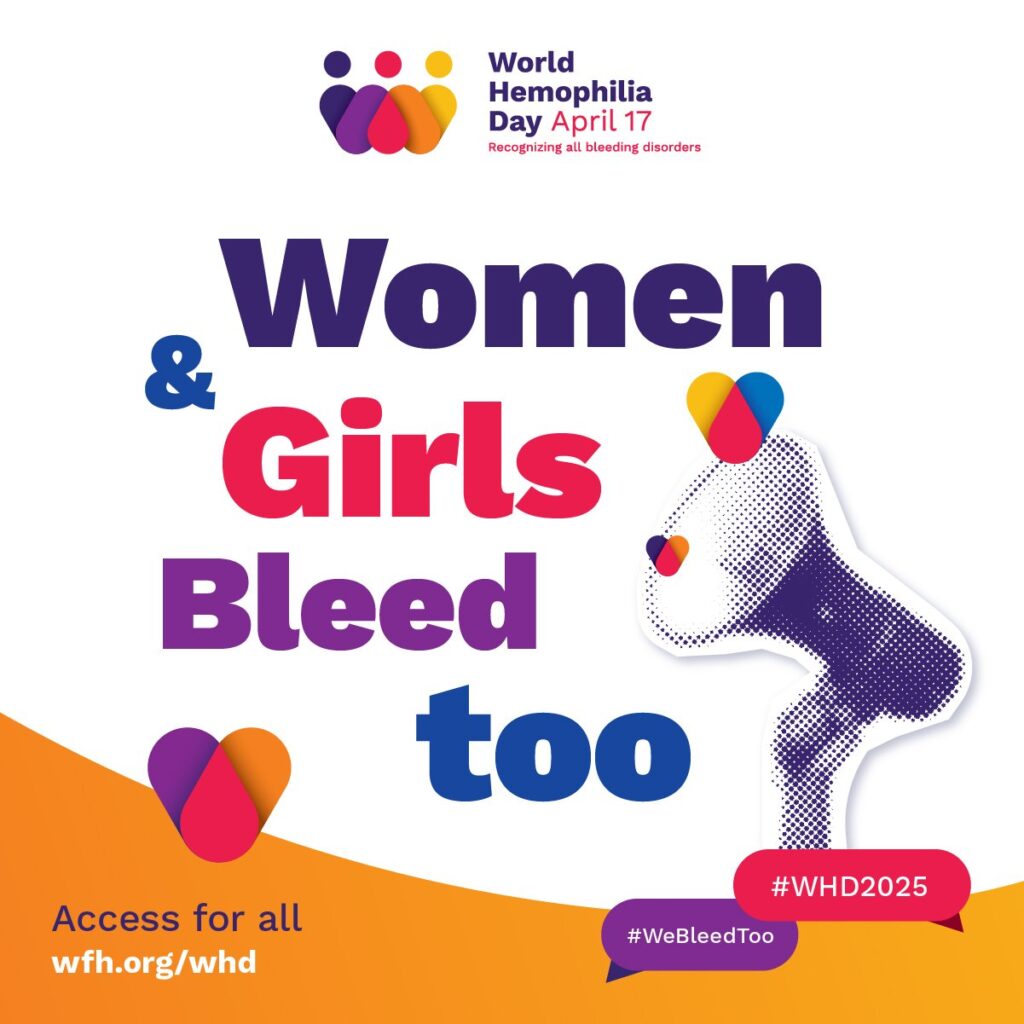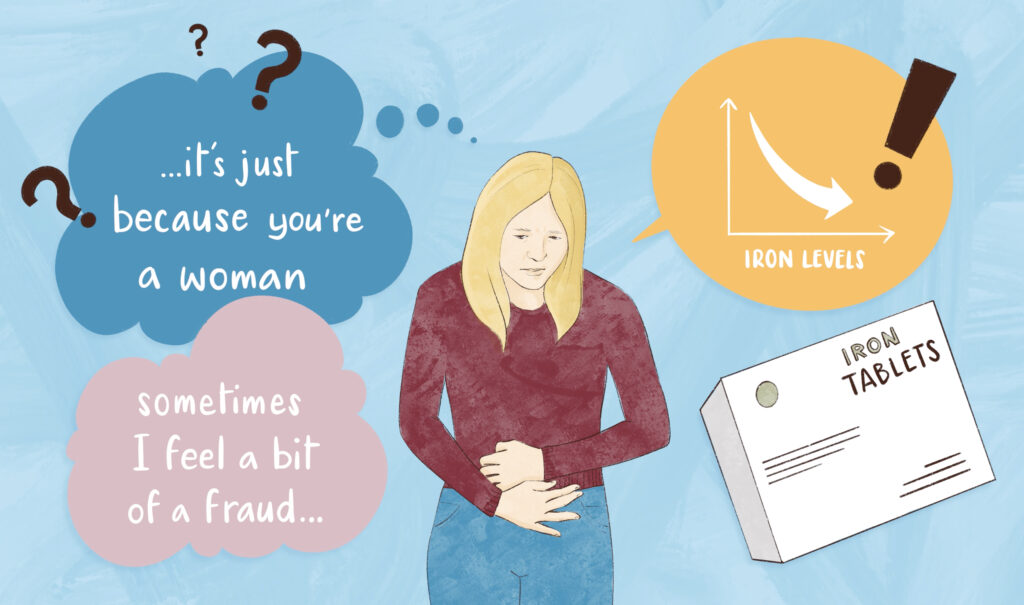Haemophilia in Uganda | Meeting the bleeding disorder community
Day 1
After an arduous journey from London via Nairobi, we finally arrived in Uganda. Flying in to Entebbe, we then drove to our hotel in the capital, Kampala. The car ride was an experience in itself, watching the lush greenery of the surrounding areas of Entebbe gradually fade as we entered the gridlocked urban environment of Kampala…where there appear to be no traffic rules yet somehow it works! Definitely not an easy place to drive in. We arrived at our hotel 10am local time, having both been awake for over 24 hours. We made our best efforts to stay awake to avoid completely ruining any chance of a sensible sleeping pattern, spending the rest of the day preparing for the week and scoping out the agenda.
Day 2
On the second day, Kate and I spent the day with the wonderful Agnes and her family. Agnes is the secretary of the Ugandan Haemophilia Foundation (UHF), though it became apparent very quickly that here role involves far more than the title gives credit! Spending the day with her and her family was a great opportunity to get a better understanding of the haemophilia situation in Uganda, but also learn more about the country and culture in general. A thoroughly enjoyable day (minus the 3-hour journey home thanks to Kampala rush hour!)
Day 3
Today was the first real opportunity to meet with members of the bleeding disorder community in Uganda. We headed to the Pope Paul Community Centre to discuss progress made in haemophilia over the past 4 years, and the next steps for the UHF as they look towards becoming fully accredited members of the World Federation of Hemophilia (WFH). Hearing from patients, parents, nurses, doctors and other volunteers gave a comprehensive picture of the progress being made as well as the challenges the haemophilia community still face in Uganda.
After a brief but intense equatorial downpour in the afternoon, we set off to one of the outer city districts of Kampala to visit a haemophilia family. This involved some intricate meandering up unpaved dirt tracks, all whilst avoiding boda boda’s (motorbikes), pedestrians and goats. Luckily, we are in the very capable hands of Vincent, our driver for the week. How anyone manages to navigate Kampala is beyond me, but Vincent appears to be the Kampalan equivalent of a London black cab driver.
Eventually arriving at the home, we were welcomed in by the family. The three young boys were all haemophiliacs, and it was immediately obvious that they all have experienced a number of joint bleeds. The oldest of the boys, Davis, was suffering from a very nasty knee bleed with a large amount of swelling. It appeared to have been a while since he last received a dose of factor for this bleed. I can just imagine how painful this must have been for him, given my, modest in comparison, experience with joint bleeds in the past. Despite all of this, plus the fact there were a group of strangers in his house, Davis didn’t even make so much as whimper. The bravery of this young boy was admirable. His mother told us how he still continues to perform well at school regardless of missing large amounts due to bleeding.
Davis was a big football fan and wants to be a doctor when he grows up. Not so different from what we might hear from many 12-year old boys in our community back home. However, the situation in Uganda makes life extremely difficult for boys like Davis. Not only is on-demand treatment with factor an issue due to supply, but much broader problems such as transport and access to the main hospital in Kampala, and more challenging living conditions make living with haemophilia a vastly different experience in developing countries.
Personally, I found this experience difficult. As a haemophiliac who has grown up with access to prophylaxis and specialist care, being faced with this family’s situation really hit hard, but nevertheless I feel that is was extremely important to witness the reality, which has made me feel more dedicated than ever to strive towards the goal of “treatment for all”. The only way we can achieve this is through a global community effort to continue raising awareness and campaigning for improved access to treatment, factor and all!
Luke Pembroke reporting from Kampala, Uganda. You can keep up to date with the trip on twitter @ljpembroke and over his self-titled youtube channel.






